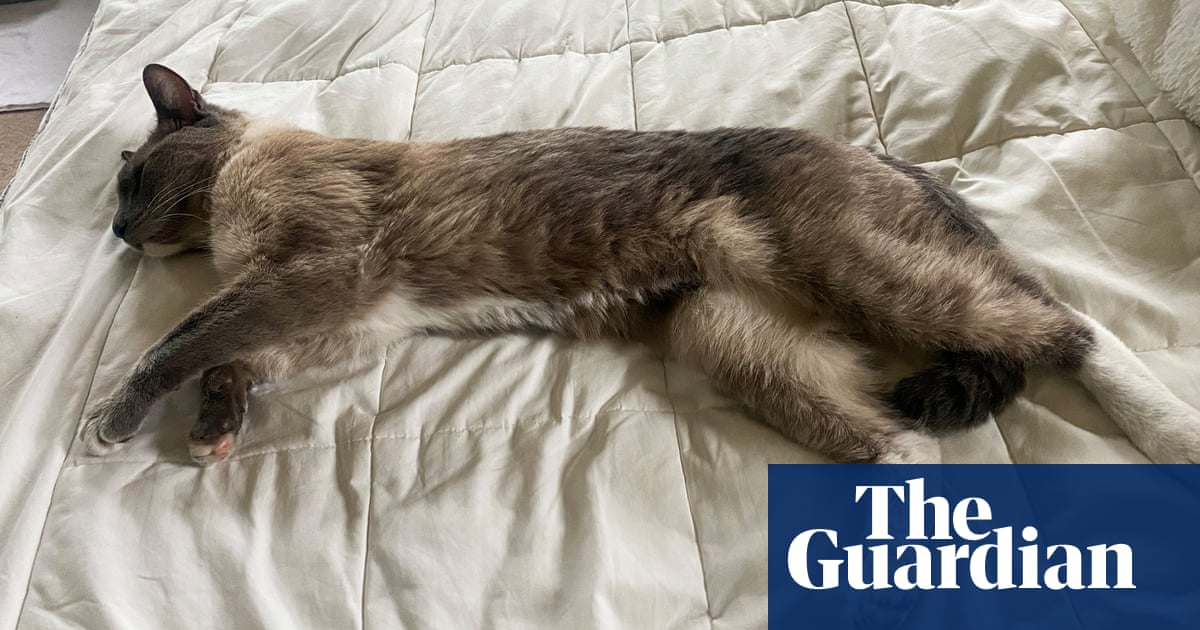Travel
Cat lost in Yellowstone travels 800 miles to reunite with owners after two months

For two months, a California couple was heartbroken, worrying about the whereabouts of their beloved cat after losing him in Yellowstone national park, a wilderness larger than some US states.
But as summer came to a close, so did their tragic story. Benny and Susanne Anguiano reunited with their lost feline Rayne Beau last month after an animal welfare group called to let them know their cat had been found in Roseville, California, about 800 miles (1,287km) from Yellowstone.
In June, the couple went camping in the national park, where their cat was startled by something in the wilderness. Rayne Beau ran into the trees, and they didn’t see him again for 60 days. During the trip, they searched every day, laying out treats and toys in hopes he’d return, but without success.
“We had to leave without him,” Susanne Anguiano told KSBW. “That was the hardest day because I felt like I was abandoning him.”
In early August, Rayne Beau’s microchip came in handy.
The couple received a message from Pet Watch, a pet-tracking service, indicating that their cat had been found in Roseville at the local branch of the Society for the Prevention of Cruelty to Animals. A woman had discovered Rayne Beau alone in the street and brought him to the shelter.
“He was really depleted,” said Susanne. “He probably didn’t have much energy left to go any farther.”
Susanne first shared their rollercoaster story on Facebook, explaining that she hadn’t told it earlier because “it was too traumatic.”
Exactly how Rayne Beau travelled the 800 miles from Yellowstone to Roseville remains a mystery, but the couple said they hope sharing their story might prompt someone to come forward with any details. In their KSBW interview, the couple also urged other pet owners to install trackers to avoid losing their pets for good.
An estimated 10m dogs and cats are lost or stolen in the US every year, according to the American Veterinary Medical Association. Only one in 50 cats in shelters return to their owners, but with a microchip, nearly two out of five are reunited with their families.









